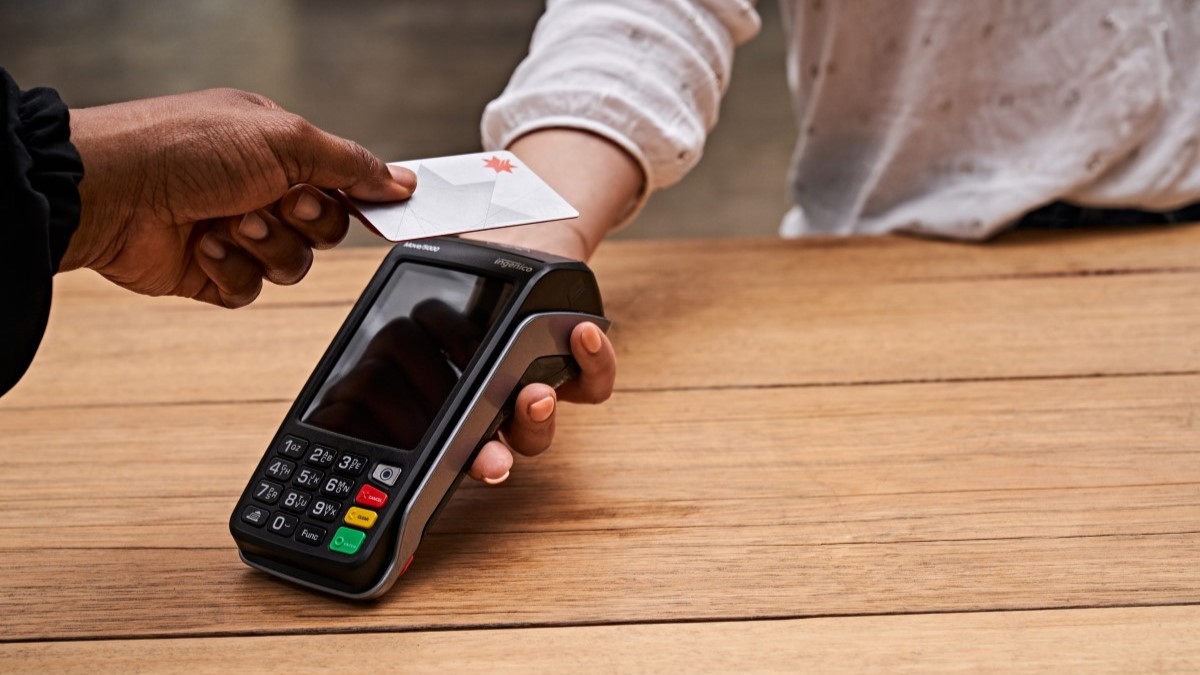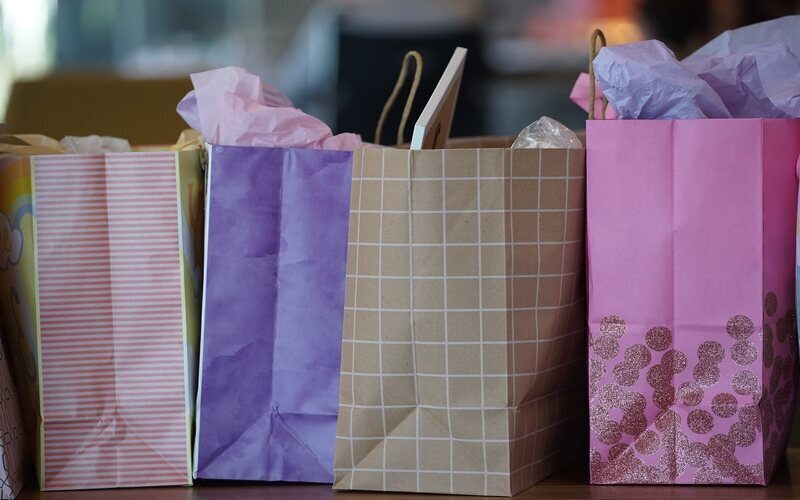Commonwealth Bank's (CBA) most recent credit and debit card spending analysis shows that Australians are spending less overall as they isolate themselves in their homes and from other people, but have increased their spending on certain things.
According to CBA's spending analysis, which tracks purchase data from the bank's internal systems, we're spending more on DIY and home improvements.
Although spending on household furnishing and equipment was down 7% on the previous week, compared to the same week last year it is up 20% as Aussies clearly look to occupy themselves by doing something productive in their own homes.
Meanwhile, there's been a sharp decline in spending on services, with both food and alcohol sales falling significantly in the past few weeks:
- As at March 24, spending on alcohol rose 20.4%, but is now down 33% compared to the previous week
- As at March 24 food spending was up 49.7% on the same week a year prior - since then it has fallen by 12% and 21% in consecutive weeks
CBA Senior Economist Kristina Clifton says some of the spending patterns that emerged early on in the period of restrictions are reversing.
“While food spending is still up around four per cent compared to a year ago, people may now feel they have enough grocery items in reserve," Ms Clifton said.
“Consumers may feel like they have enough alcohol stocked up and the fact that many businesses are pivoting to build digital businesses and implementing contactless delivery services may be providing further reassurance.
"Restrictions on activity have also been ramped up and people are no longer allowed to socialise with those that they don’t live with. There will be fewer barbecues, parties and other social occasions."
Overall, spending is down 13% in the week ending Friday 3 April compared to the previous week, and is down 15% compared to the same week last year.
“Some categories of spending seem less affected by the coronavirus. These included education, utilities, communications and household services and operation,” Ms Clifton added.
Consumer confidence rises after historic fall
In late March, the ANZ-Roy Morgan consumer confidence index fell by just under 28% to a 30-year low of 72.2, before plunging a further 9.8% to a historically low record of 65.3.
"The increasingly negative news about the impact of the coronavirus pandemic in Australia has had a dramatic impact on consumer sentiment, with confidence showing its biggest ever fall since the survey moved to a weekly basis in 2008," ANZ Head of Australian Economics David Plank said.
The latest version of this weekly survey today saw a 10.1% jump in confidence to 71.9, which is the biggest gain seen since 2008:
- 'Current economic conditions’ was up by a massive 24.6% (but is still down 50% from six weeks ago)
- 'Current financial conditions’ gained 8.8%, while future financial conditions rose 11.4%.
- ‘Time to buy a major household item’ gained 17.5% compared to a drop of 23.8% previously.
ANZ-Roy Morgan Australian Consumer Confidence: Strong bounce from the record low is an endorsement of the Government’s wage subsidy policy. But consumers still worried and not in a mood to spend. @roymorganonline @DavidPlank12 #ausecon #ausretail pic.twitter.com/OYNh3vAWgS
— ANZ_Research (@ANZ_Research) April 6, 2020
According to ANZ Head of Australian Economics David Plank, this surge represents a strong endorsement of the Government's massive wage subsidy package.
"Better news about the flattening of the ‘pandemic curve’ may also have contributed," Mr Plank said.
"The bounce needs to be kept in perspective – confidence is still around the lows seen in 1990 during the last recession.
"So consumers can hardly be said to be cheerful or ready to spend. But it is nice to be commenting on some better news."



 Denise Raward
Denise Raward

 Emma Duffy
Emma Duffy



